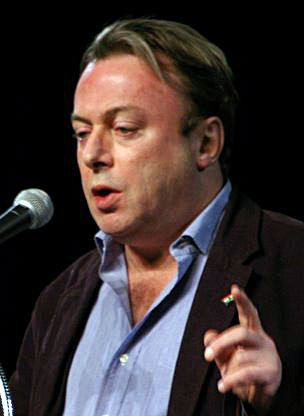Woodznutz
Platinum Member
- Dec 9, 2021
- 19,166
- 9,117
- 473
Not true. Many if not most find faith long after childhood, although the seeds of faith, and of doubt, are often planted early in one's life.It's true in a sense. Once faith is in the believer's head, it becomes almost impossible to dislodge.
But if voodoo and Islam can be kept out of the children's heads until thier teen years, then is becomes nearly impossible to install.






